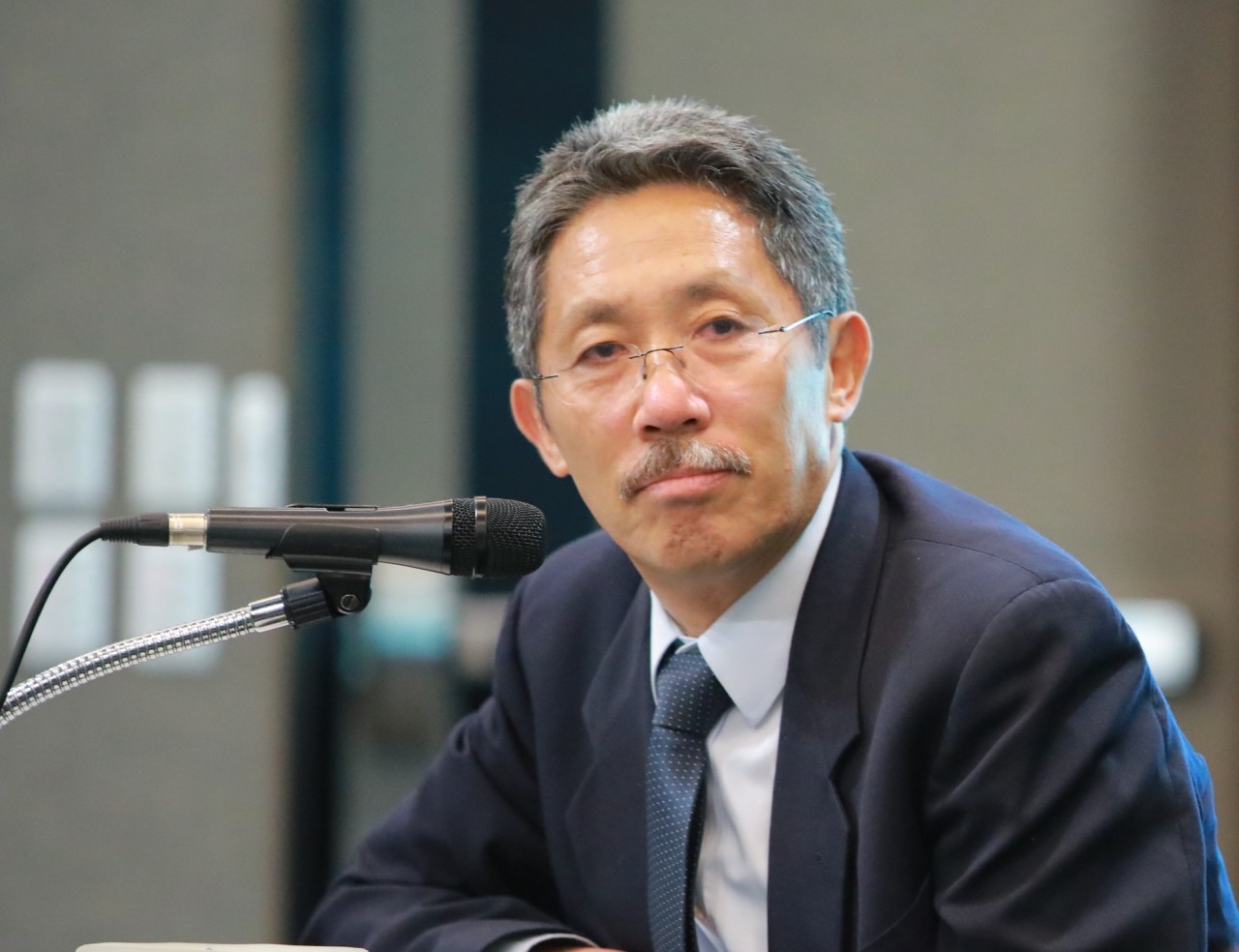AFoCO envisions greener Asia through regional cooperation.
By Korea HeraldPublished : June 18, 2019 - 16:14
The establishment of Asian Forest Cooperation Organization (AFoCO) was proposed by South Korea at the ASEAN-ROK Commemorative Summit in 2009.
It is aimed at strengthening regional forest cooperation by transforming proven technology and policies intro concrete actions in the context of sustainable forest management to address the impact of climate change.
It is aimed at strengthening regional forest cooperation by transforming proven technology and policies intro concrete actions in the context of sustainable forest management to address the impact of climate change.

The ASEAN-ROK Forest Cooperation was formalized in 2012 as the initial phase of AFoCO. Under this cooperation mechanism, regional forestry activities and projects were implemented and the platform for dialogue to establish AFoCO was provided.
In accordance with Article 19 of the agreement, AFoCO came into effect on 27 April, 2018, which is the 30th day after the deposit of the fifth instrument.
Vision and mission
AFoCO envisions growing a greener Asia by strengthening regional forest cooperation.
Its efforts include ways to transform proven technology and policies into concrete actions in the context of sustainable forest management to address the impact of climate change.
To deliver the objectives, AFoCO has been promoting and undertaking action-oriented forest cooperation projects as well as exploring common interests and positions among the interest parties as a unique regional organization in Asia in the forest sector.
Members and structure
Currently, nine countries are members as parties and five countries as observers.
The parties include Korea, Vietnam, East Timor, Bhutan, Myanmar, Cambodia, Brunei, the Philippines, and Laos. The observers are Indonesia, Kazakhstan, Mongolia, Singapore and Thailand.
AFoCO has an institutional arrangement with two organs, namely the “assembly,” and the “secretariat.” The assembly is the decision-making body comprised of the representatives of all parties to the agreement. The secretariat, headed by the executive director and located in Korea, is responsible for implementation, coordination, monitoring and reporting of activities.
Strategic priorities
AFoCO’s development and implementation of new projects and programs all lie under the framework of strategic priorities.
The first is to initiate customized forestation models and conducting research and development in climate change adaptation approaches.
It is also committed to introducing technology in managing forest-related disasters and improving local livelihood improvement through forest-related activities.
All in all, such endeavors will strengthen organization capabilities and regional actions, according to AFoCO.
The organization is currently led by Executive Director Chencho Norbu from Bhutan. With educational background in soil and agriculture science, he had served in various posts including director general of the Department of Forest and Park Services, and secretary to the National Environment Commission in Bhutan before joining AFoCo this year. (khnews@heraldcorp.com)
-
Articles by Korea Herald







![[Graphic News] More Koreans say they plan long-distance trips this year](http://res.heraldm.com/phpwas/restmb_idxmake.php?idx=644&simg=/content/image/2024/04/17/20240417050828_0.gif&u=)
![[KH Explains] Hyundai's full hybrid edge to pay off amid slow transition to pure EVs](http://res.heraldm.com/phpwas/restmb_idxmake.php?idx=644&simg=/content/image/2024/04/18/20240418050645_0.jpg&u=20240419100350)






![[From the Scene] Monks, Buddhists hail return of remains of Buddhas](http://res.heraldm.com/phpwas/restmb_idxmake.php?idx=652&simg=/content/image/2024/04/19/20240419050617_0.jpg&u=20240419175937)

![[KH Explains] Hyundai's full hybrid edge to pay off amid slow transition to pure EVs](http://res.heraldm.com/phpwas/restmb_idxmake.php?idx=652&simg=/content/image/2024/04/18/20240418050645_0.jpg&u=20240419100350)

![[Today’s K-pop] Illit drops debut single remix](http://res.heraldm.com/phpwas/restmb_idxmake.php?idx=642&simg=/content/image/2024/04/19/20240419050612_0.jpg&u=)